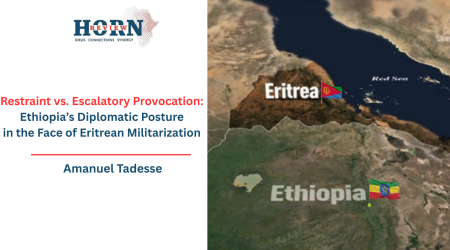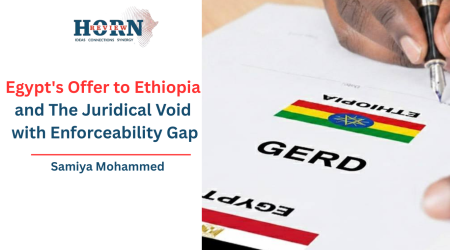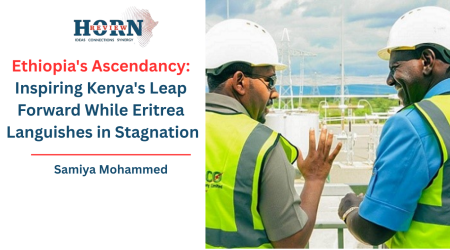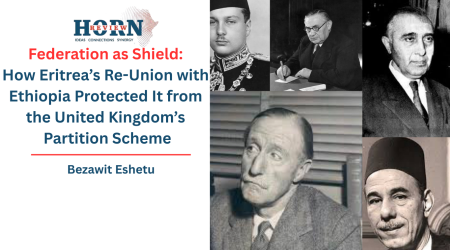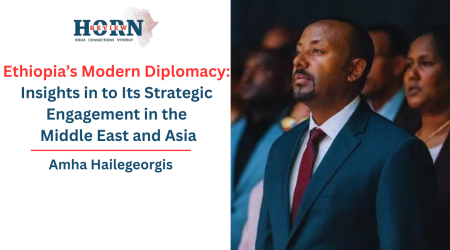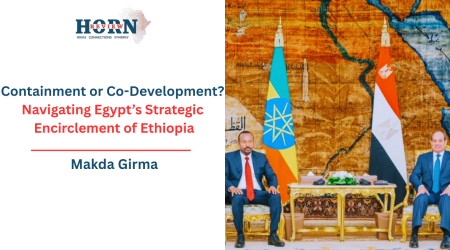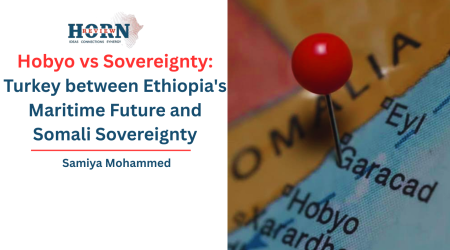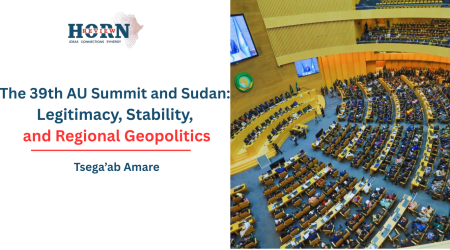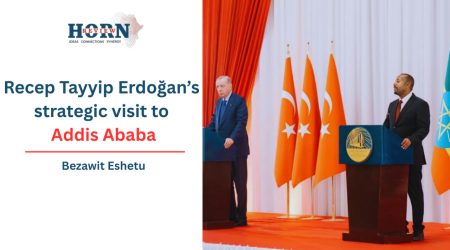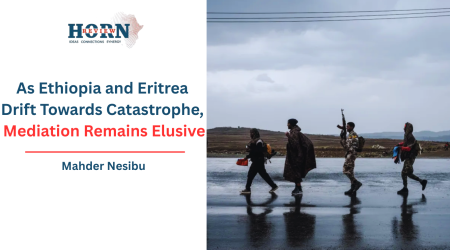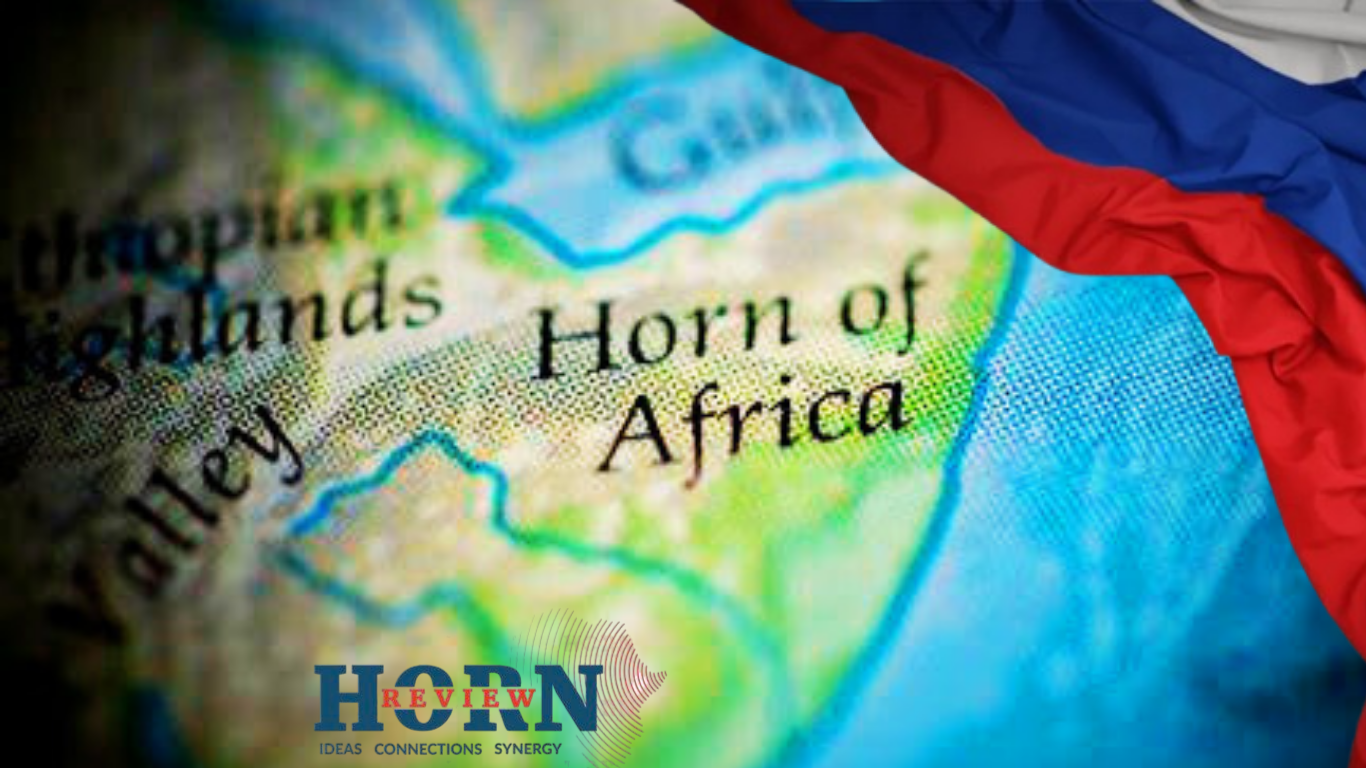
5
Jun
Ethiopia’s Strategic Rebalance: Unpacking the Russia-Horn of Africa Nexus
The recent conclusion of the 14th Ethio-Russian Intergovernmental Working Group on Military and Technical Cooperation in Moscow signifies far more than routine bilateral engagement. For Ethiopia, this partnership – praised by State Minister of Defense Martha Luwigi as a “key pillar” in a “longstanding and strategic” alliance—marks a deliberate recalibration of its geopolitical alignments in a rapidly evolving global landscape. Ethiopia’s deepening rapprochement with Russia carries profound implications that reverberate across the already volatile Horn of Africa.
This defense collaboration transcends conventional arms sales. It represents Ethiopia’s strategic imperative to broaden its security partnerships amid persistent internal conflicts and regional instability. Confronted with mounting Western pressure over its human rights record and ongoing domestic clashes, Addis Ababa finds in Moscow a partner less inclined to impose conditionalities. For Russia, the partnership offers a critical foothold in a geopolitically vital region, expanding its influence at the expense of the West’s longstanding predominance on the continent. Both countries derive tangible benefits: Ethiopia gains access to advanced military technology and diplomatic backing, while Russia reclaims a historically significant partner in Africa.
The ramifications for the Horn of Africa are considerable. First, this partnership recalibrates the regional balance of power. Ethiopia, already home to one of Africa’s largest and most experienced militaries, stands to enhance its capabilities significantly. This shift is poised to alter strategic calculations among its neighbors, potentially triggering an arms race or exacerbating existing rivalries, particularly with Eritrea and Somalia—each intent on fortifying their own security architectures. The deployment of sophisticated Russian weaponry within Ethiopian ranks will undoubtedly attract close observation from regional and international stakeholders.
Second, the growing Ethio-Russian axis will influence the dynamics of conflict and stability across the Horn. Although Ethiopia asserts its military buildup is defensive in nature, the augmented capabilities may embolden Addis Ababa to assume a more assertive posture in regional disputes. Contentious issues such as sovereignty claims, border tensions, migration flows, and competition over critical resources like water could become flashpoints for heightened assertiveness, with potentially destabilizing consequences.
Furthermore, the renewed Ethio-Russian relationship adds a new dimension to the great power contest unfolding across Africa. As Western powers, China, and Gulf states vie for influence, Russia’s resurgence—particularly through military-technical cooperation—provides African nations with alternatives to Western-centric security paradigms. This development introduces a more multipolar security environment but simultaneously raises concerns regarding regional stability, human rights, and the specter of proxy conflicts.
In sum, the Moscow summit on military cooperation is a calculated strategic maneuver by Ethiopia to consolidate its position by leveraging its historical ties with Russia. This partnership transcends mere arms procurement; it embodies a realignment of strategic interests amid sweeping geopolitical shifts. While bolstering Ethiopia’s security posture, this evolving alliance is set to reverberate throughout the Horn of Africa, demanding vigilant attention from regional and global actors alike, as it reshapes the contours of peace and conflict within this critical arena.
By Bethelhem Fikru,Researcher,Horn Review

